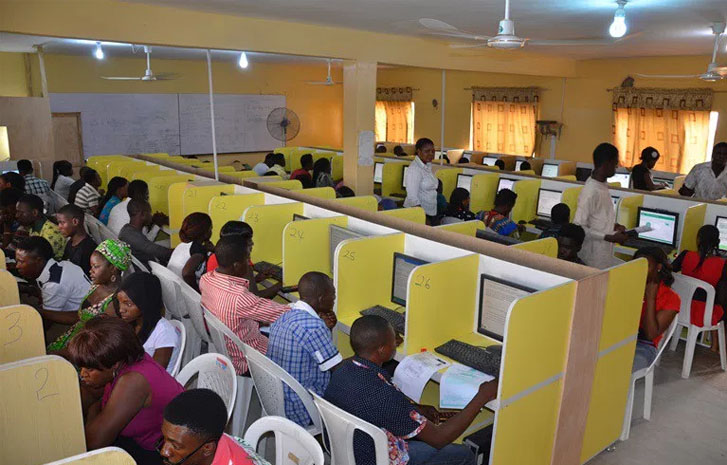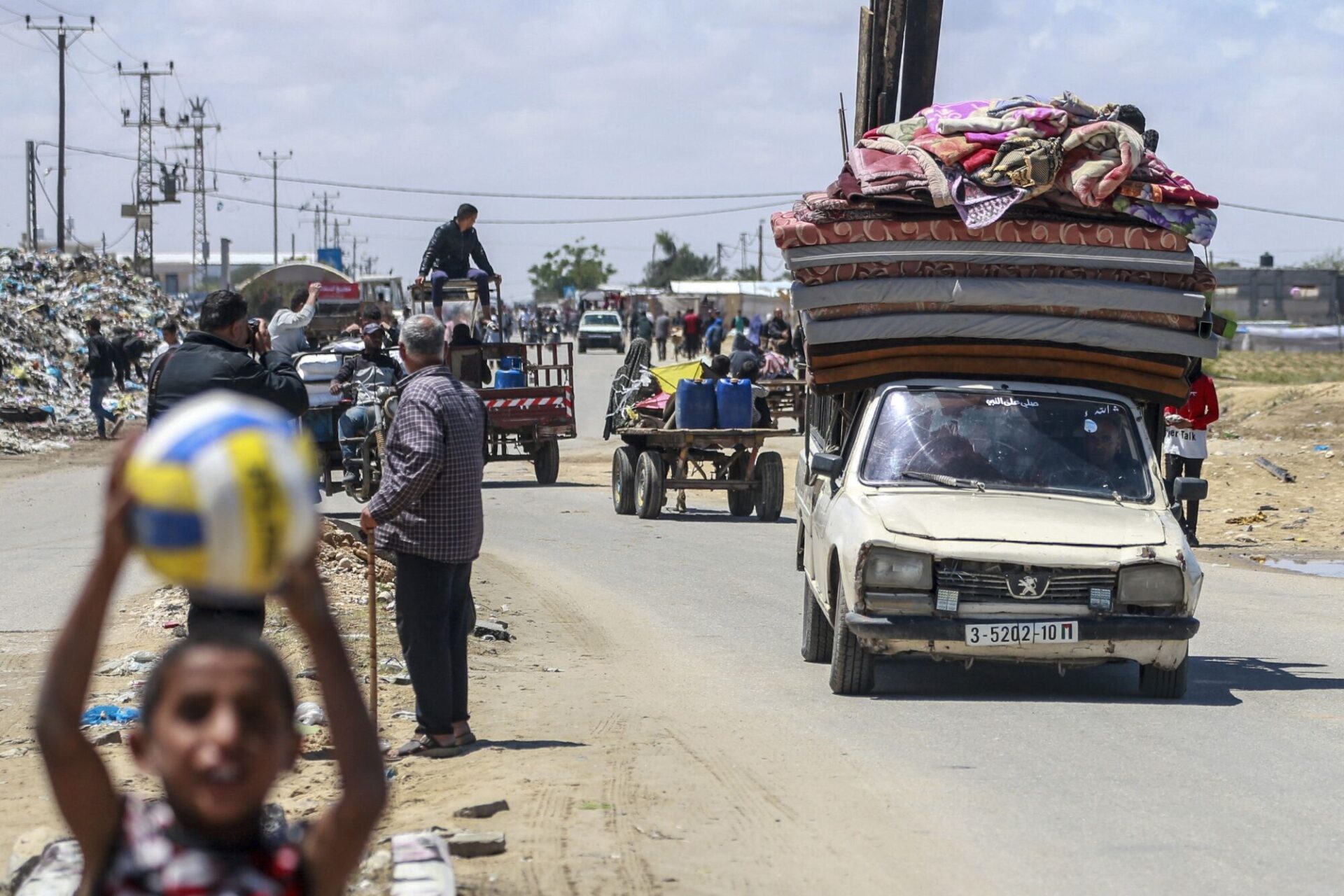The Vice President of Nigeria, Yemi Osinbajo said the federal government and the World Bank are working together to raise $30 million to fund a vaccine factory in the country.
VP Osinbajo discussed this on Monday in Abuja at the International Conference on “Access to Health and Socio-Economic Development Beyond Covid-19: The First Multisectoral Approach to Finding Solutions.”
The conference was organized by the National Institute for Pharmaceutical Research and Development, NIPRD. He said the global health trend has made it essential for Nigeria to establish its own vaccine production facilities.
“Nigeria is in talks with the private lending arm of the World Bank and other lenders to raise around $30 million to help finance a vaccine factory.
“Bio-vaccine Nigeria Limited is chaired by Professor Oyewale Tomori; 49 percent of the company is owned by the Nigerian government with the remainder held by May and Baker Nigeria PLC and they are planning to start construction of a factory.
“ I believe in the first quarter of next year; the plant which is supposed to be located in Ota, Ogun State, will initially, we are told, fill and finish, which I’m also told, means importing the raw materials for the vaccines and then packaging them for distribution.
“Some South African companies are already involved in this task; I believe Aspen Pharmacare and Belvac Institute operate similar facilities.
“Full manufacturing, we are told, should follow in the months or years to come; I’m not quite sure when.
“So it’s obvious that the way forward is more funding for healthcare and research for innovators to develop solutions in pharmaceuticals and medical consumables.”
The Vice President said that through the discussion he had with NIPRD Director-General Dr. Obi Adigwe, he was inspired by the potential and the kind of support that the pharmaceutical industry and research agencies provided.
Osinbajo said the federal government established the Health Sector Intervention Fund which disbursed 76.9 billion naira, or about $185 million, to finance the acquisition and installation of critical medical care equipment.
He said the fund was also intended for the expansion of production lines at various pharmaceutical companies across the country.
According to him, the Central Bank of Nigeria (CBN) is also supporting a number of research and development initiatives in the health sector, as it has disbursed a total of 233 billion naira in grants.
Mr. Osinbajo said the NIPRD is also making immense contributions to developing a local cure for COVID-19.
“NIPRD has also developed an impressive variety of pharmaceutical products from indigenous resources and both the Niprimune and Niprimune plus both of which I have the pleasure of seeing, have been found to possess a reasonable property that is able to prevent or combat COVID-19.
“Both products, which have been registered by NAFDAC, are currently undergoing clinical studies at various levels with a view to production approval for emergency use.
“NIPRD Director-General Dr. Obi Adigwe assured that around the same time next year, the institute will launch three new products currently under development at its centers for nanomedicine, artificial intelligence and machine learning.
“It is this proactive approach that we must adopt in the face of the slow access to vaccines in Africa and of course in Nigeria.
“Although we have received help from some friendly countries and the Covax alliance, less than 4 percent of our eligible population would have been vaccinated by the end of this year.
“There is no doubt that we cannot afford not to have our own vaccine production facilities.”
He said the COVID-19 pandemic was a revelation for him in five different ways: the unpreparedness of most developed economies; vaccine reluctance and the danger of conspiracy theory and misinformation, especially in a public health crisis.
VP Osinbajo said the fourth revelation was that, in terms of the COVID-19-wide global health crisis, help should not be expected.
“The fifth revelation is that despite infrastructure weaknesses, in Nigeria we have an experienced and robust public health system, populated by some of the best staff in the world.
“But more importantly, we have the opportunity to become one of the leading countries in healthcare,” he said.
Earlier, in his welcoming address, Adigwe said the conference was the first of its kind to bring together multidisciplinary academics to engage, innovate and synthesize new approaches to solving global health challenges.
Keynote speaker Prof Joseph Fortunak, who spoke virtually, said COVID-19 exposed the vulnerability of the pharmaceutical supply chain and urged Nigeria to take drug manufacturing seriously.



 Naira4 weeks ago
Naira4 weeks ago


 Naira3 weeks ago
Naira3 weeks ago


 News4 weeks ago
News4 weeks ago
 Travel4 weeks ago
Travel4 weeks ago




 Naira4 weeks ago
Naira4 weeks ago
 Naira3 weeks ago
Naira3 weeks ago


 Jobs3 weeks ago
Jobs3 weeks ago


 Travel3 weeks ago
Travel3 weeks ago












